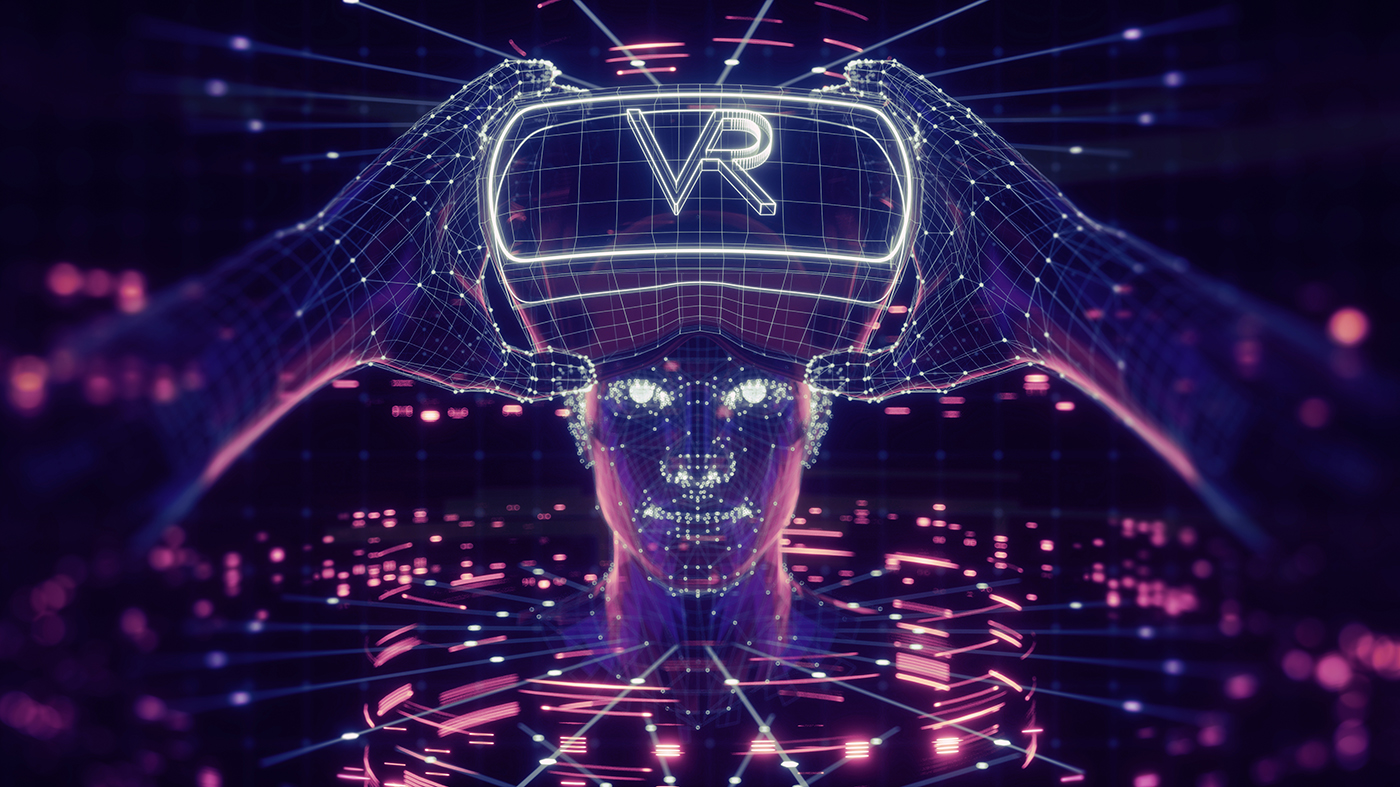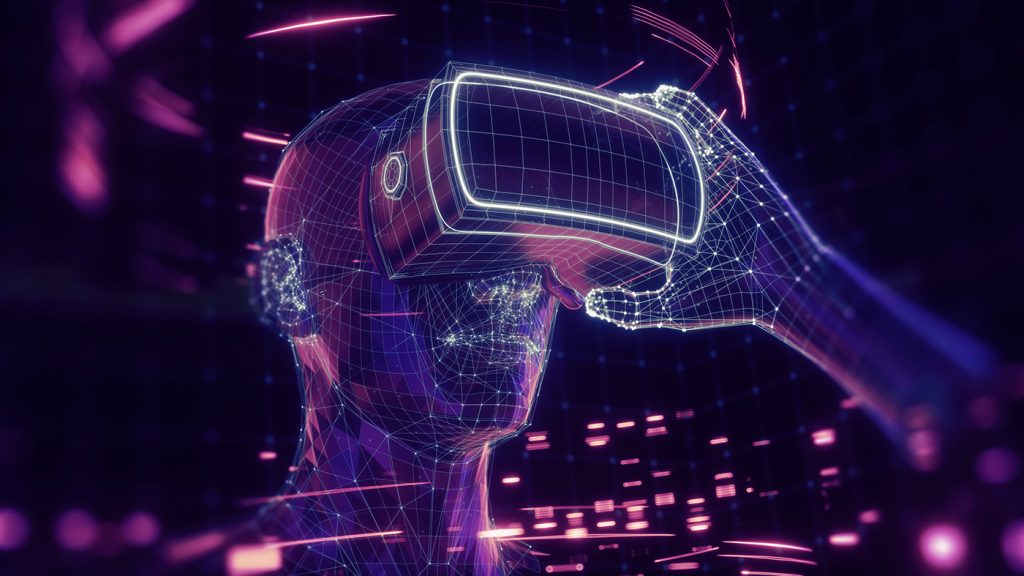Metaverse
What is Metaverse?
The Metaverse is a virtual, interconnected, and immersive digital universe where people can interact, create, and engage with each other and digital environments. It represents a convergence of augmented reality (AR), virtual reality (VR), artificial intelligence (AI), blockchain technology, and the internet, creating a seamless and expansive online world.
In the Metaverse, users are represented by digital avatars that can be customized to reflect their real-world identities or take on entirely different personas. They can navigate this digital realm using VR headsets, augmented reality glasses, or traditional screens and devices.
One of the defining features of the Metaverse is its vastness. It encompasses a multitude of interconnected virtual spaces, ranging from social hubs, gaming environments, and educational platforms to entertainment venues, business meeting spaces, and virtual marketplaces. Users can seamlessly move between these spaces, fostering social interactions, collaboration, and exploration.
The Metaverse has the potential to revolutionize various aspects of our lives. It can transform social interactions by enabling more immersive and lifelike conversations, bridging geographical distances, and allowing people to socialize in novel ways. Additionally, it offers new opportunities for education, training, and skill development through immersive simulations and virtual classrooms.
The economic potential of the Metaverse is also significant. It has given rise to a digital economy where virtual goods, services, and experiences have real-world value, facilitated by blockchain technology and cryptocurrencies. Businesses can establish virtual storefronts, and creators can monetize their digital creations.
However, the Metaverse also raises important ethical, privacy, and security concerns, such as digital identity protection, data ownership, and cybersecurity threats. The evolution of the Metaverse will require careful consideration of these issues to ensure a safe and equitable digital future.
In summary, the Metaverse is a vast and immersive digital universe that has the potential to revolutionize how we interact, work, learn, and entertain ourselves in the digital age. It represents a convergence of technologies and has significant implications for society, the economy, and our daily lives.

The Metaverse Explained – And What Comes Next | Insider Business
By now, you’ve probably heard of the “metaverse.” But despite all the hype, the metaverse might still be a little confusing. So, what is the metaverse? And what type of impact could it have on our everyday lives? Insider spoke with Journey founder Cathy Hackl and Lego Group CMO Julia Goldin for their insights on the metaverse. (Video below and on this link)
ChatGTP or Metaverse - What's the Difference?
Let’s delve deeper into the concepts of ChatGPT and the Metaverse to provide a detailed understanding of each.
-
ChatGPT:
-
ChatGPT is a type of AI language model, such as OpenAI’s GPT-3, designed to understand and generate human-like text based on the input it receives. It uses deep learning techniques to analyze and generate text in natural language. ChatGPT can be used for a variety of purposes, including:
- Conversational AI: It can engage in text-based conversations, answer questions, and simulate human-like interactions.
- Text Generation: It can generate human-like text for content creation, creative writing, and more.
- Information Retrieval: It can provide information, explanations, and summaries of text input.
- Translation: It can translate text from one language to another.
- Text Summarization: It can condense lengthy text into shorter, coherent summaries.
ChatGPT’s primary domain is text and language processing, and it operates in a 2D, text-based space.
-
-
Metaverse:
-
The Metaverse is a concept rooted in the idea of creating a vast, shared, digital universe. In the Metaverse, people interact with each other and digital environments using avatars or digital representations of themselves. Key characteristics of the Metaverse include:
- Immersive Environments: Users can experience immersive, 3D digital environments through technologies like virtual reality (VR) and augmented reality (AR).
- Social Interaction: People can socialize, work, play, and create in this shared online environment.
- Economy and Commerce: The Metaverse can have its own economies and virtual goods marketplaces.
- Diverse Experiences: It can encompass a wide range of experiences, from gaming to education, work, entertainment, and beyond.
The Metaverse concept envisions a 3D, interactive, and immersive space where users can engage with each other and their surroundings, similar to the physical world but in a digital form.
-
In summary, ChatGPT and the Metaverse serve different purposes:
ChatGPT focuses on text-based language understanding and generation, offering a wide range of applications in communication, content generation, and information retrieval.
The Metaverse is a concept that represents a fully immersive, 3D digital universe where people can interact, work, socialize, and explore, offering an expansive and multifaceted digital experience beyond simple text-based communication.
While ChatGPT can be integrated into the Metaverse to facilitate text-based interactions within this virtual world, they are fundamentally distinct in their scope and purpose.
Did you know that you can visit #EVERDOME SPACES using a VR headset!?
— 👨🚀ChrisMetaverse.eth ✨🚀 (@ChrisMetaverse) October 28, 2023
The quality is amazing!
VISIT MY SPACE:https://t.co/aRPFyCjwmA pic.twitter.com/XkmrZekrYC
Lost in the virtual allure of COOL CITY! From towering skyscrapers to hidden surprises, this metropolis never ceases to amaze.
— XANA (@XANAMetaverse) October 30, 2023
Join me on this epic journey! 😎🏙️
#VirtualNightlife #CoolCityNights #virtualreality #nightlife #gaming pic.twitter.com/4jTN0cvGI2



